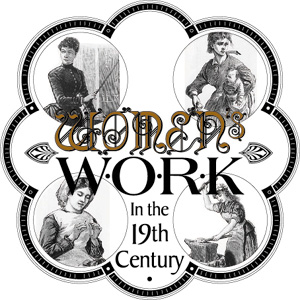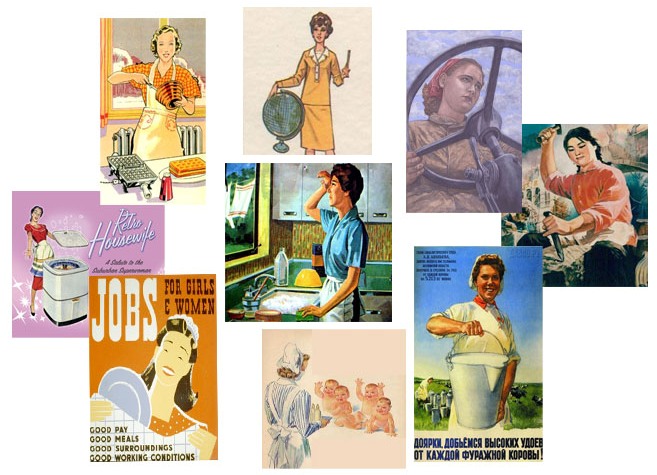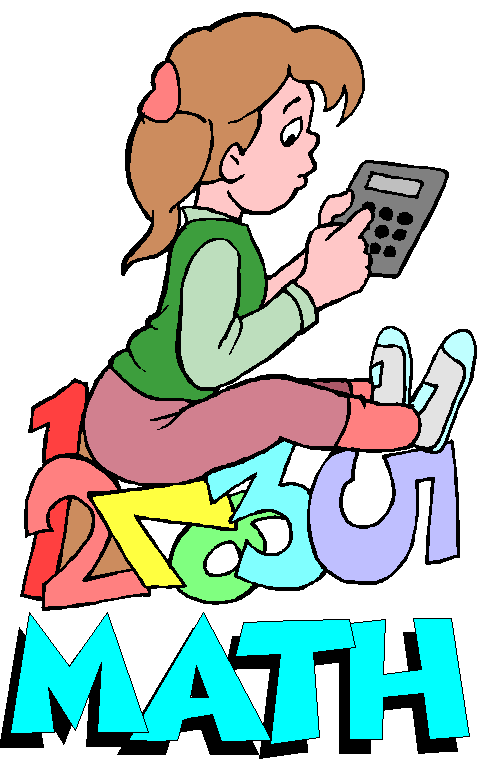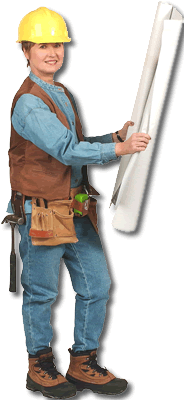What do you think? Are there jobs-for-men and jobs-for-women and what exactly makes them such? Let's do a quick brain warming-up HERE.
JOBS-FOR-MEN AND JOBS-FOR-WOMEN IN THE PAST
For centuries people considered that a woman could only do the housework and take care of her family and husband. A respectable woman was not supposed to work outside the house. In many countries women could not have any property, for example buy a house or save her own money. Everything she owned was her husband's property.
This situation was considered normal: women were made to look after the home and the others, while men - to be the "bread winner" responsible for the family and earn money for their work.
 | Look at the picture on the left. It shows what women could work during the 19 century. As you can see, they could be teachers or governessesq seamstresses or laundresses. These were more or less their options if they had to work. |
What about men? What did they do? As they were expected to provide for their wife and family, they had to work and earn money. They were in the factory or in the lawyer's office, fought at the front but also govern the country and were in the Parliament and the Government.
The understanding that some jobs are more appropriate for women and others - for men, has still a strong inluence on our thinking. What do you think? Check your opinion in our TEST.
This was the general situation up the first half of the 20th century in the most developed countries in Europe as well as the United States. However, after World War II in the formed so called "communist countries", women were already considered as "mothers, workers and actively participating in the public life persons". They were encouraged to work and even to enter in "men's professions" like buildres, tractor drivers etc.

However, even today some jobs are still occupied mainly by women and others - by men. Why is it so?
There are many reasons, which are interrelated. They start with the gender stereotypes and probably end with the salaries. Our society considers considers that the teaching profession is appropriate for women as it natural for them to take care of children. Actually, this becomes a "job-for-women" in Bulgaria only a few decades ago. There was even a law in the beginning of the 20 century that forbade women to be teachers after they get married! Obviously, being a teacher is not predetermined by the biological sex but by what society thinks is right.
EDUCATION, PROFESSION AND ... GENDER
Probably the most important factor is education as it qualifies us for our future profession.
That's why it's important even at school to ask ourselves what we would like to be and study hard. Today are needed well educated people with solid knowledge in languages and computer skills. And if we don't start preparing ourselves at school - it's only lost time. It seems like girls are doing better t school - they are the excellent students and always have homework. Or they are just grinders? |  |
Yes, there are differences between boys' and girls' performance at school at your age and they are partly because girls grow up and get into the teenage period a little bit faster than boys. This fact, however, is not an excuse for you being lazy to read your lesson. Don't disregard your right and your opportunity to study. Because, though being a fundamental human right (see Lesson 5), children in many poor countries across the world have been deprived of it. Can you guess if most of them are girls or boys and why? Read HERE.
However, why do girls and boys tend to choose particular subjects and are they really prefer them or their choice is predetermined by the accepted stereotypes in society? If you are interested in boring numbers and percents, you can find HERE what subjects at the university women and men graduate in the EU and Bulgaria. These are their future professions, aren't they?
 | Girls and women are traditionally considered as not interested in maths, science or technology. This is usually supported with the argument that "There aren't any great women scientists, are there?." In fact it is not true. Don't you believe? Read HERE about some famous women scientists. Yes, we know less about great women scientists because they are usually neglected in the big textbooks. Moreover, it was not until mid-19 century that women were admitted to some colleges in Europe and the United States. In Bulgaria, the first female students were admitted to the Higher School in 1901. Women didn't have the same access to the restricted area of scholarship and science for a very long period of time, did they? On the other hand, though little recognized and sometimes even forgotten, women have been contributing to all areas of human knowledge since the dawn of our civilization. If you want to learn more about famous ancient women philosophers and scientists, read HERE. A number of inventions that have made our lives easier were also done by women. What did they invent? Read HERE about some women inventors. |
So, what shall we study? Should anyone tell us that we are good in something? There are no exact recipes for that, either. But everyone can feel what attracts or interest them. Well, we are not talking now about your favourite computer games unless you want to become the best programmer of the most successful game of all times. In fact, if you succeed - then you will be really a happy person because you'll be working something that enjoys you.
JOBS-FOR-MEN AND JOBS-FOR-WOMEN TODAY
Today the laws in country give us the right to work what we would like to no matter what our sex is. But do traditional concepts for "appropriate" male or female jobs play any role in the choice we make?
What would happen, for instance, to a girl that wants to have a profession usually considered as a men's one? She will face many difficulties, which will start with her choice of school or university and continue all the way up in her career as she will have to prove herself not worse than her male colleagues time and again. However, the same will apply to the boys who want to be good at some "women's" profession. They will be looked at sympathetically or even ironically because such professions are usually not well-paid.
Imagine what would happen if you are a girl who wants to be an engineer or a pilot. Or a boy who wants to become a social worker or a male nurse.
Put yourself in their shoes:
Most likely your family will give you thousands of arguments. Maybe as a girl you will be told not to go to a school, where you'll study maths and sciences because it will be too difficult for you, or, as a boy, you will advised not to study for a social worker, as this job is more appropriate for women and is not well-paid. Nothing to say if you just mention that you don't mind working as a male nurse - a family catastrophe ...
 | However, today more and people choose for their profession something they feel as their vocation or are interested. It will be good if there are men and women in all professions and people to choose them because of their interest, skills and talents and not because they are considered "appropriate" for men or women. |
 | This should apply to those who govern the country as well. Have you ever thought who actually takes the decisions in the country? There are many educated women - every year over 50% of the university graduates are women - but how many are "on the top"? Here is a short quiz for you: How many women take seats in our Parliament? - Have we ever had a woman President?
- How many female ministers do we have now?
- Or how many mayors are women?
Check your answers HERE. |
In Bulgaria we can freely choose which subject to study and our sex is not an obstacle. Make the best use of yourself and our talents and skills. You are the one to decide what to work and what is appropriate for you.



 E-school
E-school For students
For students V-VII class
V-VII class